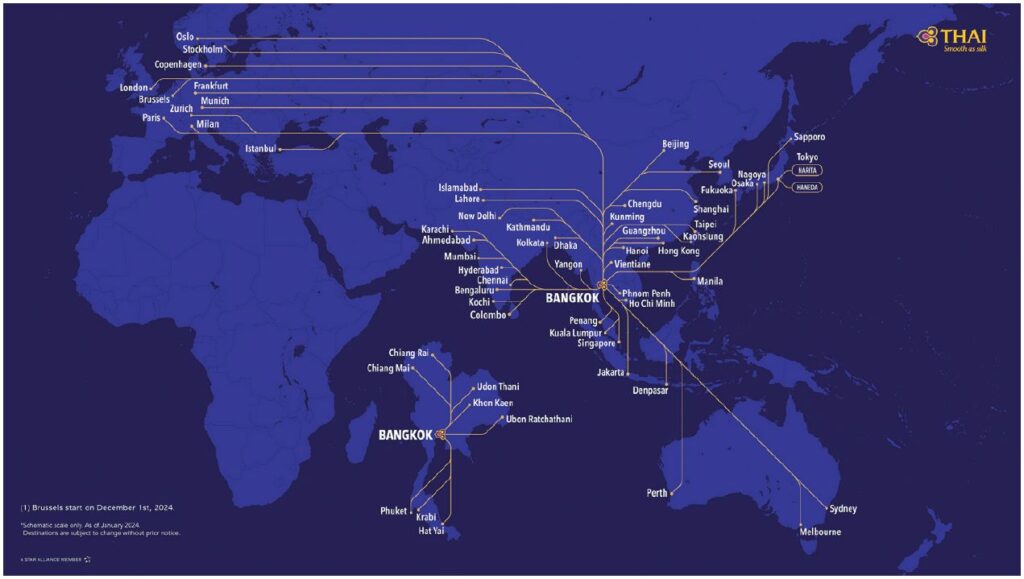Thailand has come a long way and continues to develop and grow, transforming into a diverse economy. With world-class, homegrown brands encompassing industries such as prepared foods, shopping malls, hotels, fashion, transportation and much more, Thailand is working its way ever deeper into global consciousness.
Tourism and Travel: Key Drivers
Tourism is targeted to grow by 7.5% in 2025 with revenues of 3.4 trillion baht (US$101.5 billion) from nearly 40 million visitors, making the now fully recovered tourism sector a major economic driver.
Under fresh government leadership, Tourism and Sports Minister Sorawong Thienthong is implementing a number of new ideas while building on past successes. A big focus for the 2024-2025 high season is the “Thailand Winter Festival,” which comprises celebrations such as Loy Krathong (floating small boats) in November. Also in November is the Vijit Chao Phraya, a highly impressive, illuminated sound and light show on the Chao Phraya River.
The events above, together with the Bangkok Marathon on December 1, the Wonderfruit Festival from December 12-16, and the big New Year’s Countdown nationwide, are just some of the highlights, plus beer gardens that open throughout the “winter” months, for punters to enjoy the cool evening weather.
The Ministry of Foreign Affairs (MFA) is doing its part to bring in more tourists, working visitors, retirees and investors. New visa policies will streamline the application for longer-term, purpose-dedicated visas, acknowledging the benefits of freer mobility and short- to medium-term residency in the country. The policies also increase the number of eligible countries to increase visitor diversity.
Visa types include the Destination Thailand Visa (DTV), which permits stays of up to 180 days per visit. This multi-entry visa is valid for five years and costs only 10,000 baht (US$300).
It is ideal for digital nomads and those who see Thailand as a long-term wellness and lifestyle residence. Additional visas catering to the needs of international students and investors are also being rolled out.
The MFA expects this liberalization to boost local industry, create jobs, drive sustainable growth, encourage investment, and spur the influx of foreign technology and expertise, generating innovation and economic growth as Thailand continues to establish itself as a global hub of commerce, travel, investment and transportation.
In line with the government’s plans, Thai Airways (THAI) has been expanding and improving all aspects of its service, conducting refits, ordering dozens of new aircraft, and increasing its global network and reach by adding new international destinations.
THAI has also upped its service game, with enhanced Royal First and Royal Silk classes, and improved food and entertainment across flight classes—all delivered with the famous Thai smile.
THAI aims to be even more highly regarded than ever before, encouraging and supporting tourism while enhancing the country’s prestige internationally. To this end, the airline has invested heavily in new aircraft, such as the Boeing 787-9 Dreamliner and the Airbus A350-900 models. And with the Thai-cofounded Star Alliance and its 26 global partners, THAI passengers can access every corner of the globe.
Central Pattana, a leading property developer, is a subsidiary of the Thai-founded multinational conglomerate with interests in retail, property development, brand management, hospitality, and food and beverage.
Central Pattana, in the course of building premier malls, hotels and office spaces, has established itself as the dominant player in its sector with a portfolio of over 40 large luxury retail and mixed-use properties. In so doing, it has become the preferred partner for international and local brands entering Thailand’s retail market through landmark shopping centers such as centralwOrld and Central Phuket, among others.
Meanwhile, Central Chidlom, a flagship of luxury retail under Central Retail, has unveiled its spectacular transformation—a seven-story store that sets a new benchmark for high-end shopping in the city. The reopening features captivating and elegant architecture, opulent global brands such as Gucci and Prada, and 60 seriously delicious food outlets, catering to all tastes and budgets.
Dubbed “The Store of Bangkok,” the new Central Chidlom is the future of luxury shopping, promising a shopping experience on par with the finest luxury malls anywhere on the globe.
Feeding the World
Charoen Pokphand Foods (CP Foods) is a subsidiary of Thai conglomerate Charoen Pokphand Group (CP Group) and a leading player in the food and agro-industrial industries. The company’s product range span high-quality meats, premium seafood, and ready-to-eat meals. With operations in over 17 countries, CP Foods reaches billions of consumers across the world. As a matter of fact, the company’s products may be going even further; NASA astronauts will be eating CP Foods’ chicken dishes when they blast off into space next year—a testament to the safety standards, and universal appeal,
of its products.
Despite its achievements and scale, the company has reaffirmed its commitment to sustainability through innovation in “green” objectives. These include numerous initiatives to drive cleaner and more efficient eco-friendly production, in particular, by leveraging artificial intelligence and automation. The company’s strategy can be described as “Sustainovation,” the principle of combining technology, science, and innovation to improve efficiency and reduce the environmental impact of its operations.
Sappe, another of Thailand’s innovators, is an unusual beverage company—smaller than the giants but with swift growth and enviable inventiveness. The company has developed a knack for keeping up with ever-evolving tastes—locally, regionally and beyond. This has led to international revenues more than tripling over the past eight years and a spot on Forbes Asia’s “Best Under A Billion” list that the company has held for three years running.
Sappe produces popular beverages that are marketed under brand names such as Sappe Beauti, B’lue, and Sappe Aloe Vera, among others.
The company’s flagship product, and also its best selling by far, is Mogu Mogu. Mogu Mogu broke new ground in 2001 when it emerged as a snack-in-a-beverage—a fruit juice laden with coconut jelly cubes—which customers embraced as a tasty and healthy treat. Mogu Mogu now sells in more than 100 countries, including the U.K. and France.
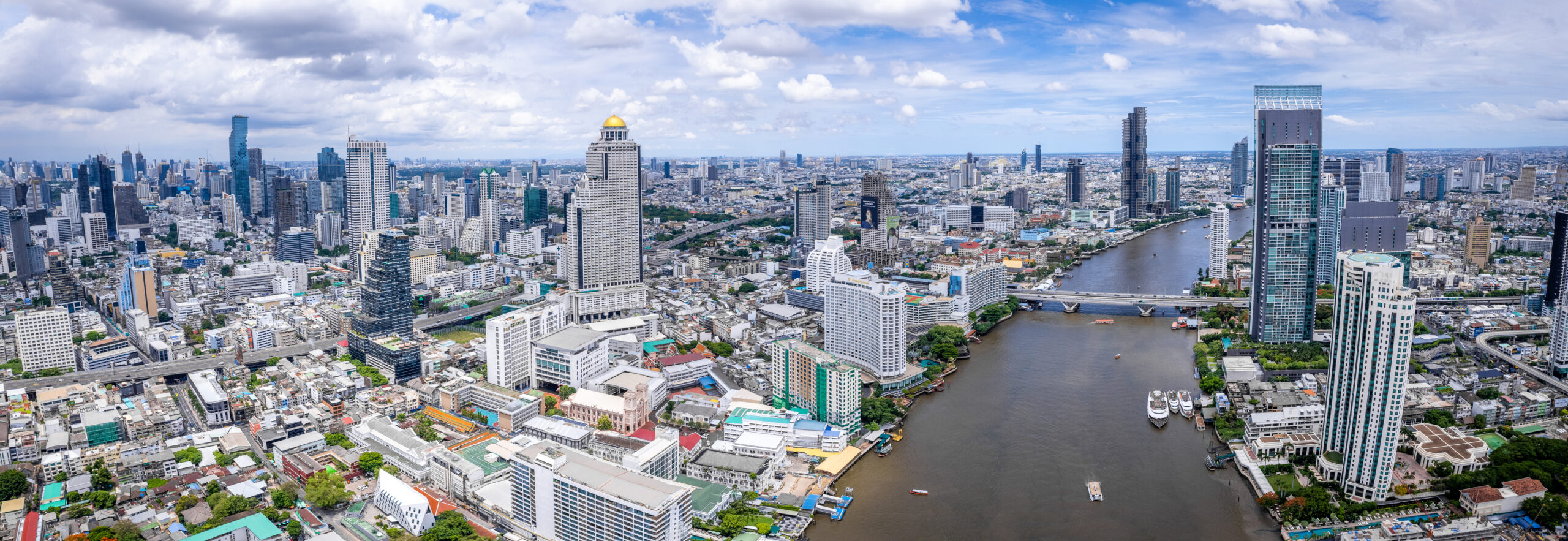
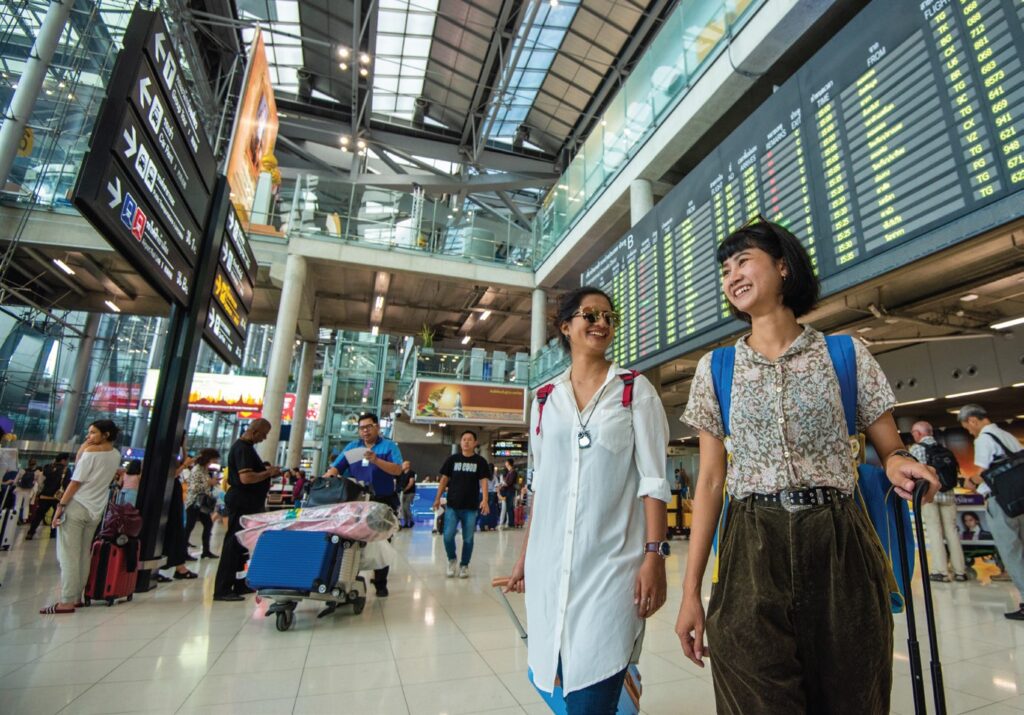
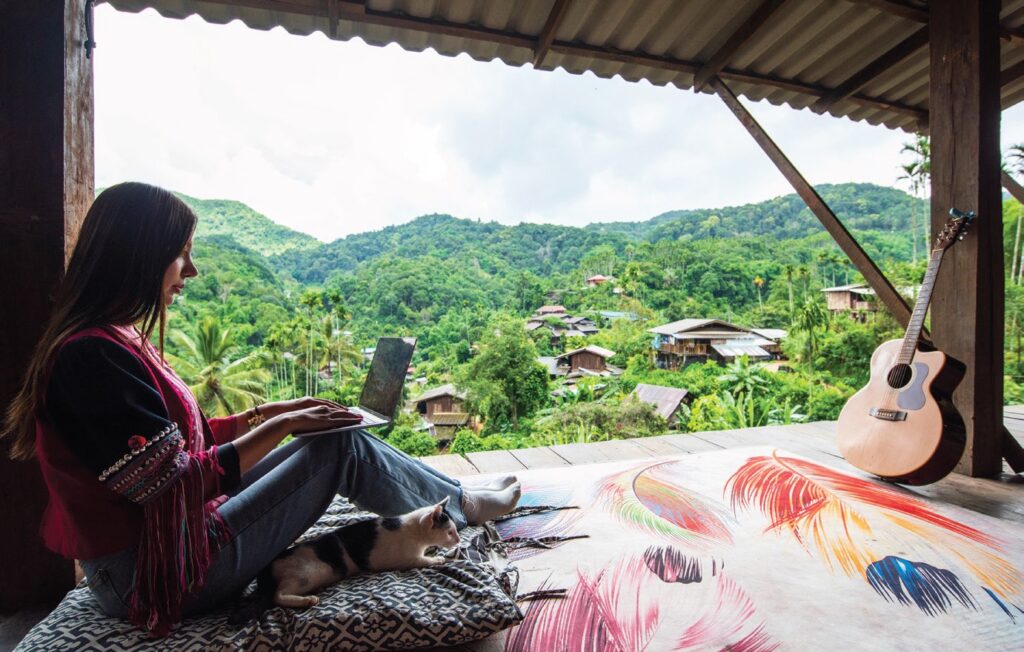



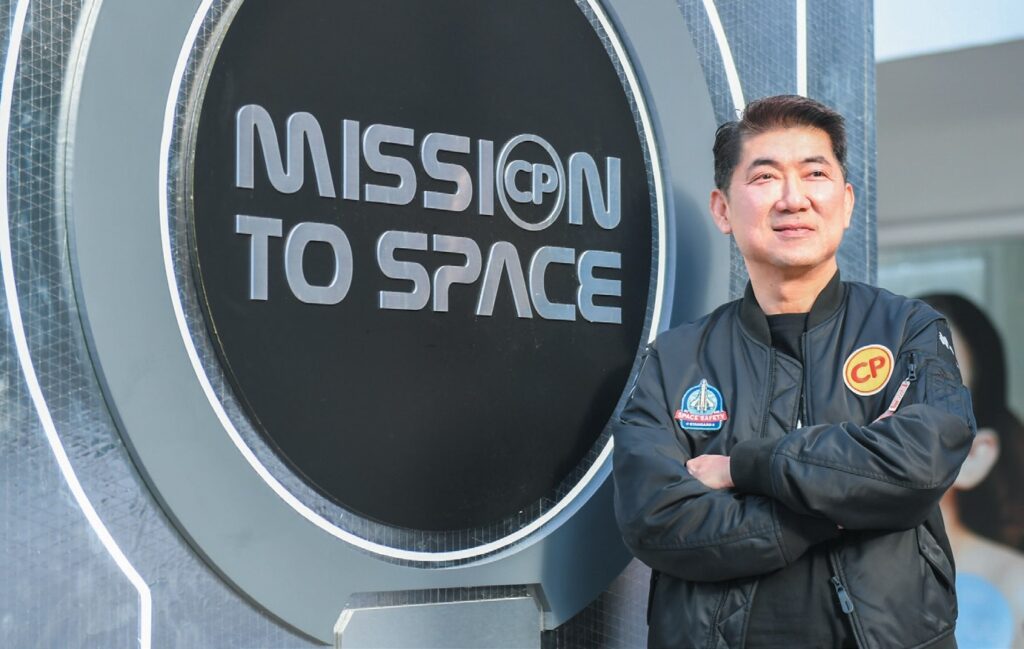



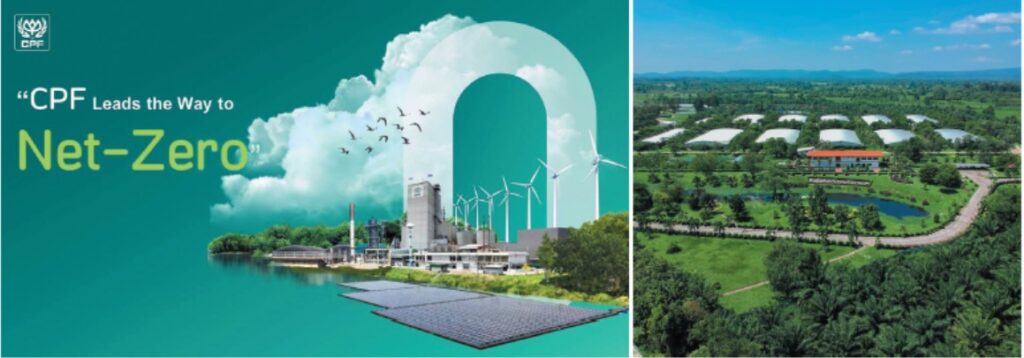
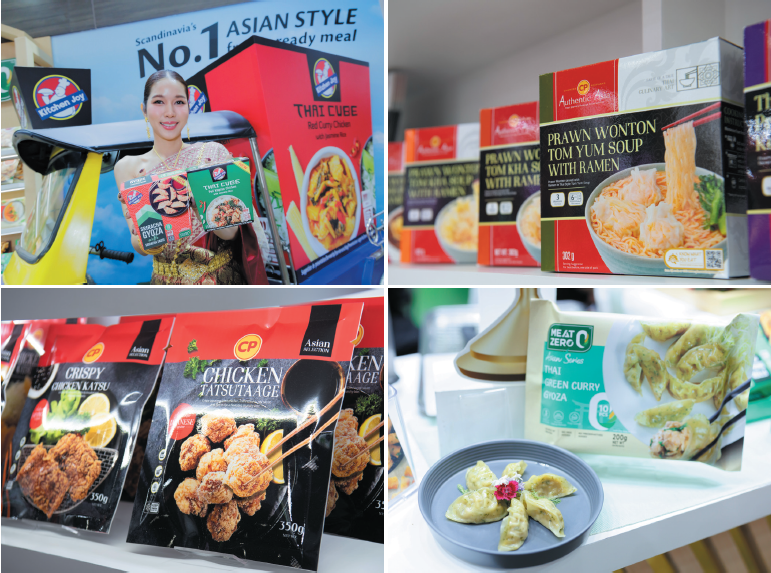
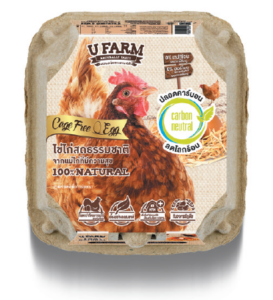


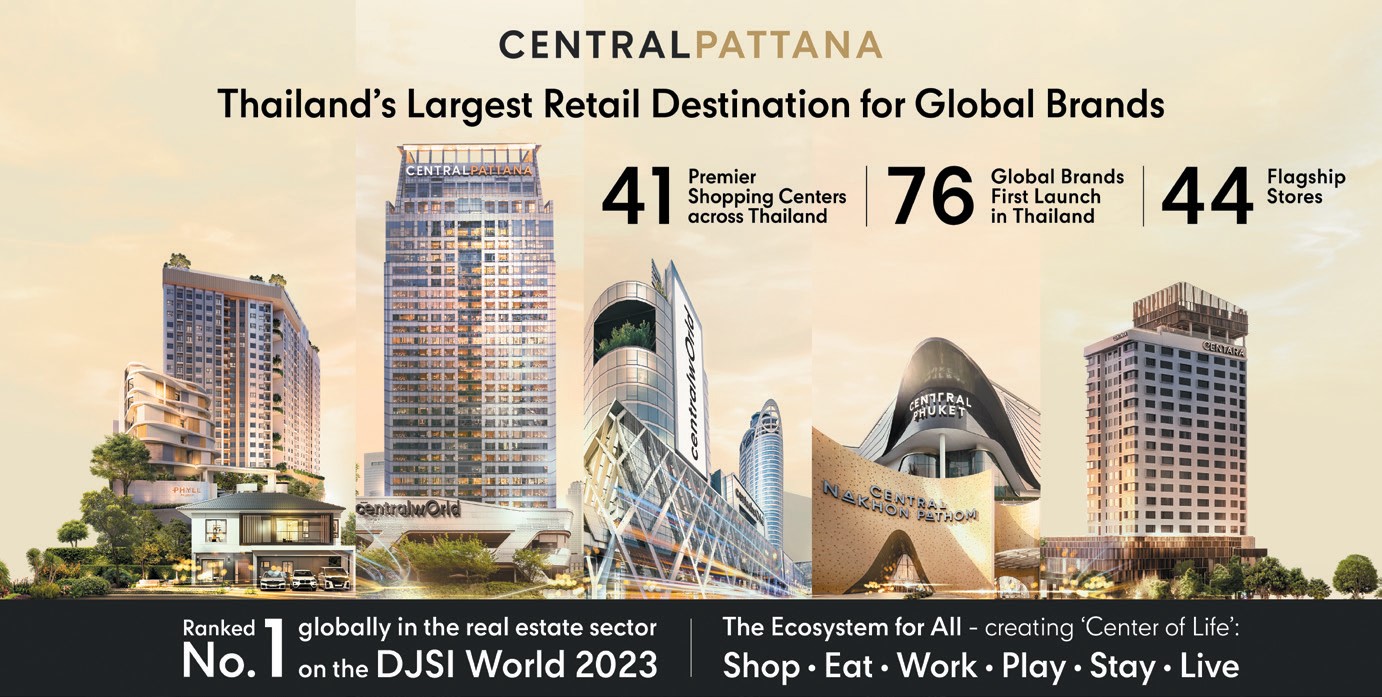


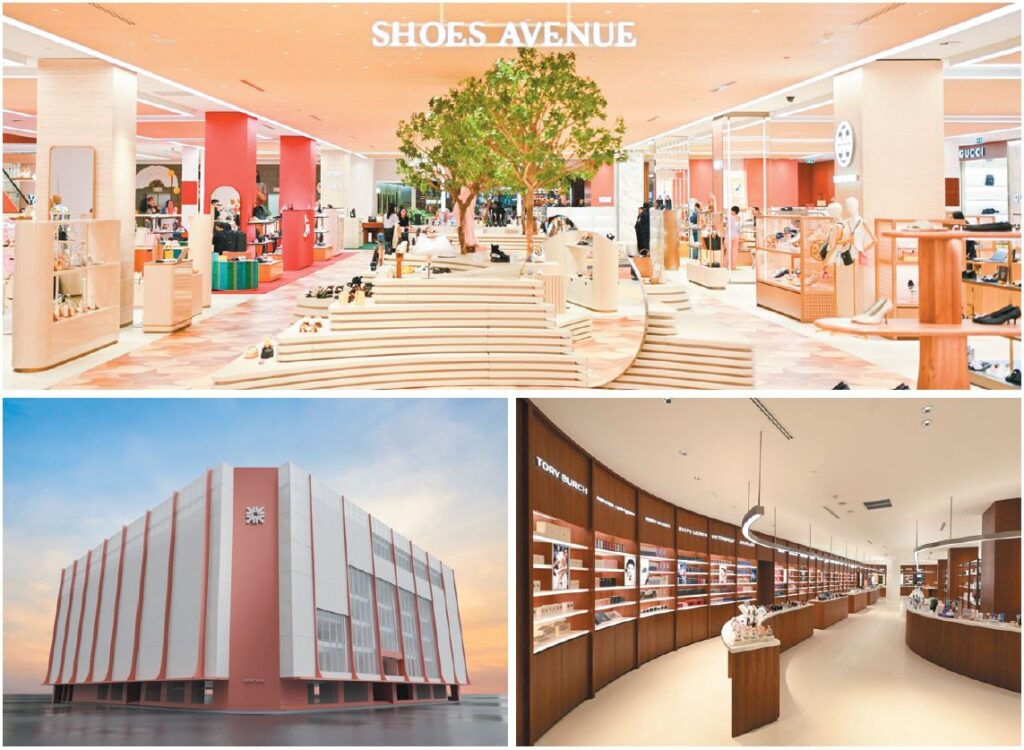






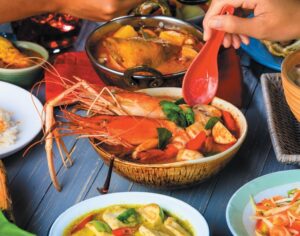


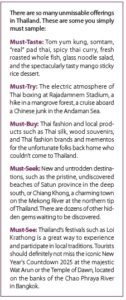 Reaching Out to Everyone
Reaching Out to Everyone
